-
Opening Keynote - Unveiling Odoo 17
Fabien PinckaersHoàn tất
-
Keynote - Vision & Strategy
Fabien PinckaersHoàn tất
-
Data Migrator Tool
Tony MasciHoàn tất
-
Transforming Real Estate Management: The Palm City Residences Odoo Success Story
Ghaith Sadok ammarHoàn tất
-
Database locks in Odoo
Fayolle AlexandreHoàn tất
-
OdooGPT: LLMs based on ChatGPT Trained specifically for Odoo Customers, Consultants, Developers and Partners
Sohel MerchantHoàn tất
-
How-to: From Netsuite to Odoo
Marek ZádaHoàn tất
-
Implementing headless eCommerce with Odoo / Nuxt.js and Redis cache
Diogo DuarteHoàn tất
-
Bay Alarm Rings the Sound of Success with a 36% Increase in ROI through Odoo
Chintan ShahHoàn tất
-
Revolutionising Real Estate Management with Odoo
Van Baelen GeertHoàn tất

Serena holds the role of Senior Data Scientist and leads the Data Science & Artificial Intelligence division at Hoverture, an Italian IT Company. She has a strong passion for Physics and programming. She has a PhD in experimental particle physics and worked for the ATLAS Collaboration at CERN. She started using Machine Learning and Deep Learning for research purpose and when deciding to move from Academia to industry, she continued to use Artificial intelligence and to apply the latest cutting-edge techniques for the industry.
In this talk, Serena will elucidate the functionalities of a software application named AI-TSC (Artificial Intelligence - Ticket System Classification). This application is based on Artificial Intelligence (AI) techniques and is designed for the automated categorization of helpdesk tickets within the Odoo platform. The development of AI-TSC involved the utilization of state-of-the-art AI methodologies in the realm of Natural Language Processing (NLP), which focuses on the interaction between human language and computers. The workflow of AI-TSC involves the reception of newly generated helpdesk tickets, subsequent processing that entails labeling, and final allocation to appropriate user groups or individuals based on the specific issue or inquiry. The creation of AI-TSC involved training AI models to accomplish two primary tasks: initially, to extract pertinent entities from the tickets, followed by the categorization of these tickets based on their content. The implementation of AI-TSC has yielded two notable advantages. Firstly, it has significantly expedited the identification and classification of the various scenarios encapsulated within the helpdesk tickets, facilitating prompt and precise resolution of client issues. Secondly, it has contributed to enhancing operational efficiency by enabling the handling of a larger volume of tickets within a reduced timeframe. This has been accompanied by a reduction in errors and anomalies attributed to manual ticket categorization. Beyond its immediate benefits, AI-TSC exhibits versatility as a modular tool. Its applicability extends to diverse processes such as task and project allocation, showcasing its potential as a multifunctional resource.














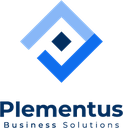




















![GLOBAL CREATIVE CONCEPTS TECH CO LTD [ iWesabe ]](https://odoocdn.com/web/image/event.sponsor/2232/image_128/Global Creative Concepts %5B iWesabe Technologies %5D?unique=cf3e01f)













?unique=c0d1cff)


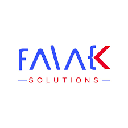













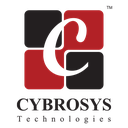



















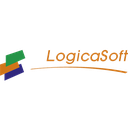




?unique=cda5e59)








?unique=1da6f7d)


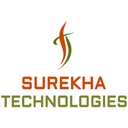

?unique=1059ac2)






